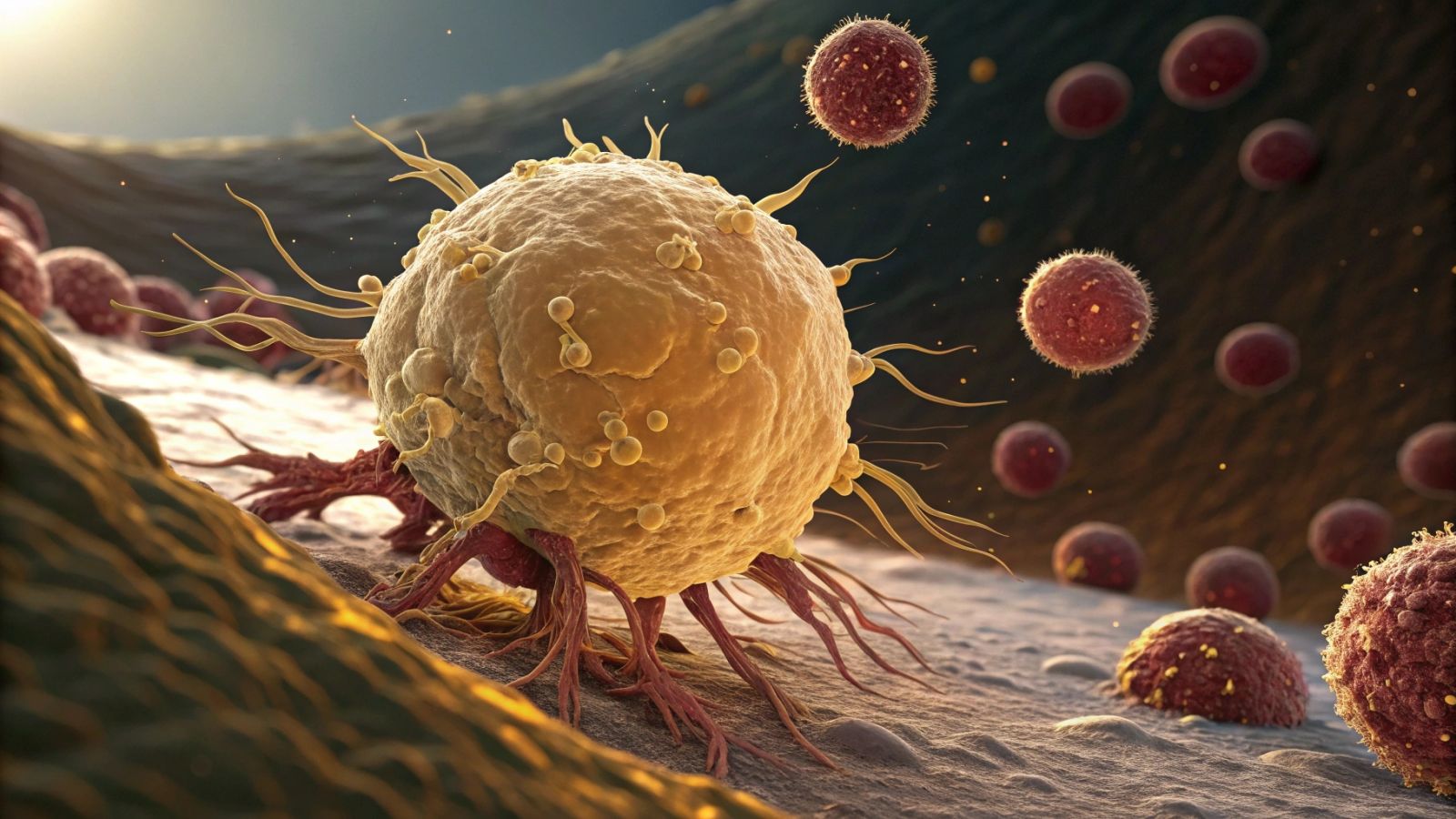Follow us on Google News (click on ☆)

These recurrences are often due to cancer cells that have left the original tumor to hide in other parts of the body. They can remain dormant for long periods, causing no symptoms, before suddenly "waking up" and triggering metastases. Finding a way to detect and eliminate these cells before they become active is therefore a major challenge in preventing the disease from reappearing.
A team of Quebec researchers has just made an important discovery. In a study published in the journal Cancer Research, the team led by Professor Jean-François Côté at the Montreal Clinical Research Institute (IRCM) has highlighted the central role of a protein called PIK3C3.
This protein appears to play a key role in the survival of so-called "dormant" cancer cells—those that remain hidden after treatment and can cause a relapse. The researchers have shown that blocking this protein causes the dormant cells to die before they even have a chance to reactivate. This opens the door to a preventive strategy against metastatic recurrence.
"Breast cancer metastases remain one of the greatest challenges for patients with breast cancer. Understanding how to prevent this process is crucial to improving the survival of these women," explains Jean-François Côté, who leads this research.
Clinical trials could soon test this approach by targeting the PIK3C3 protein. If the results are confirmed in humans, it could transform how we anticipate and prevent breast cancer relapses.